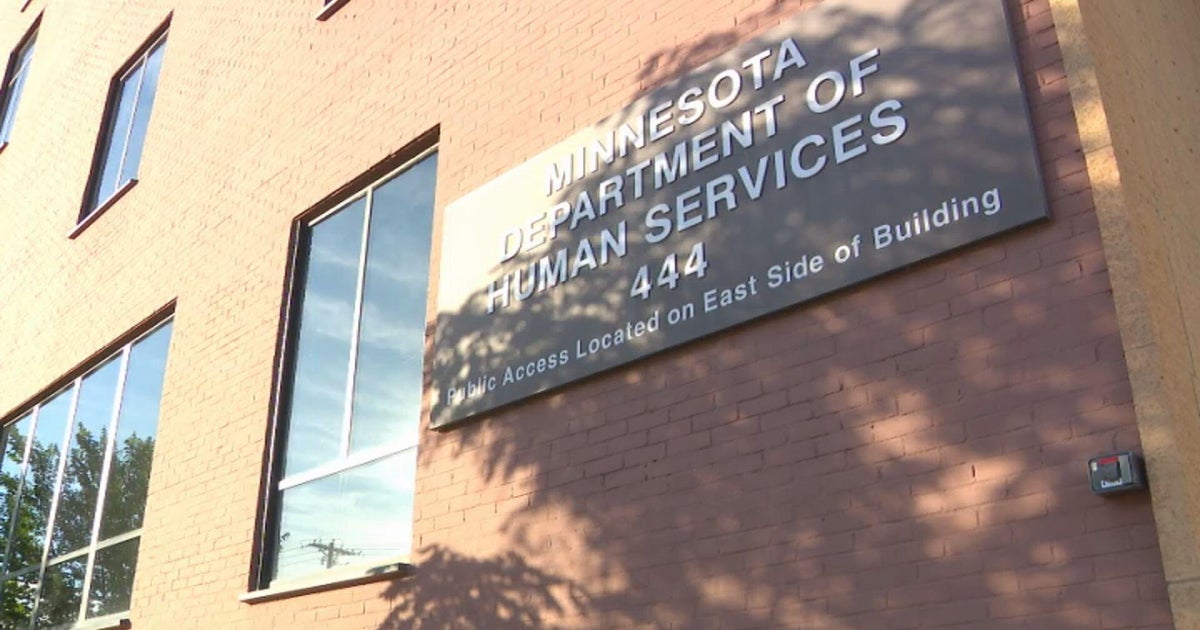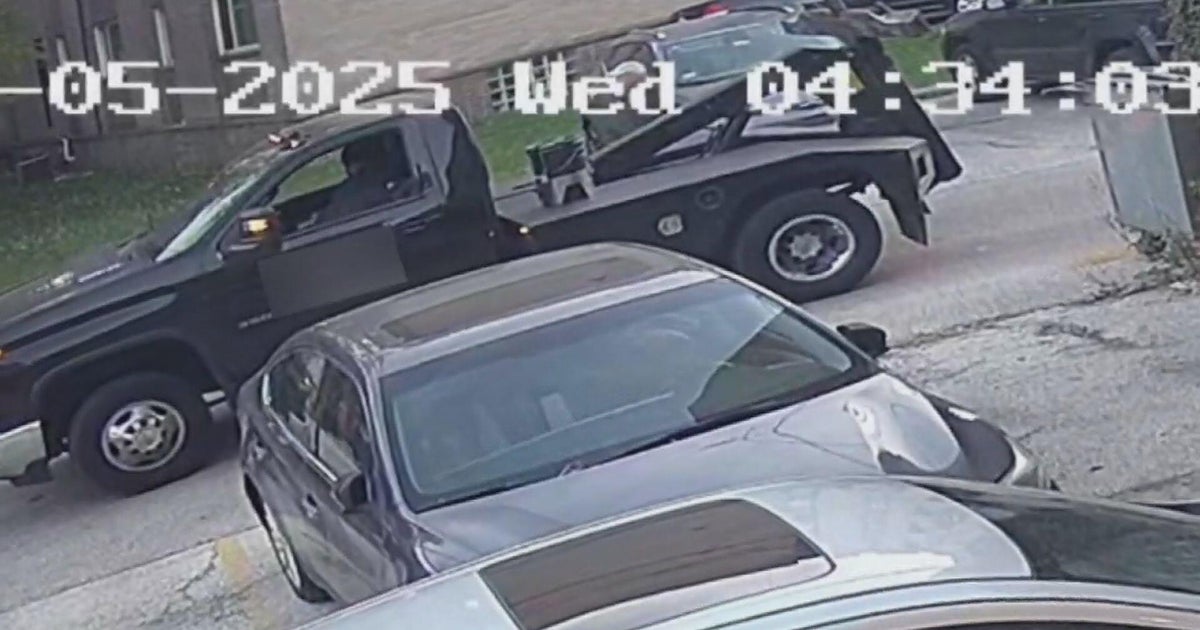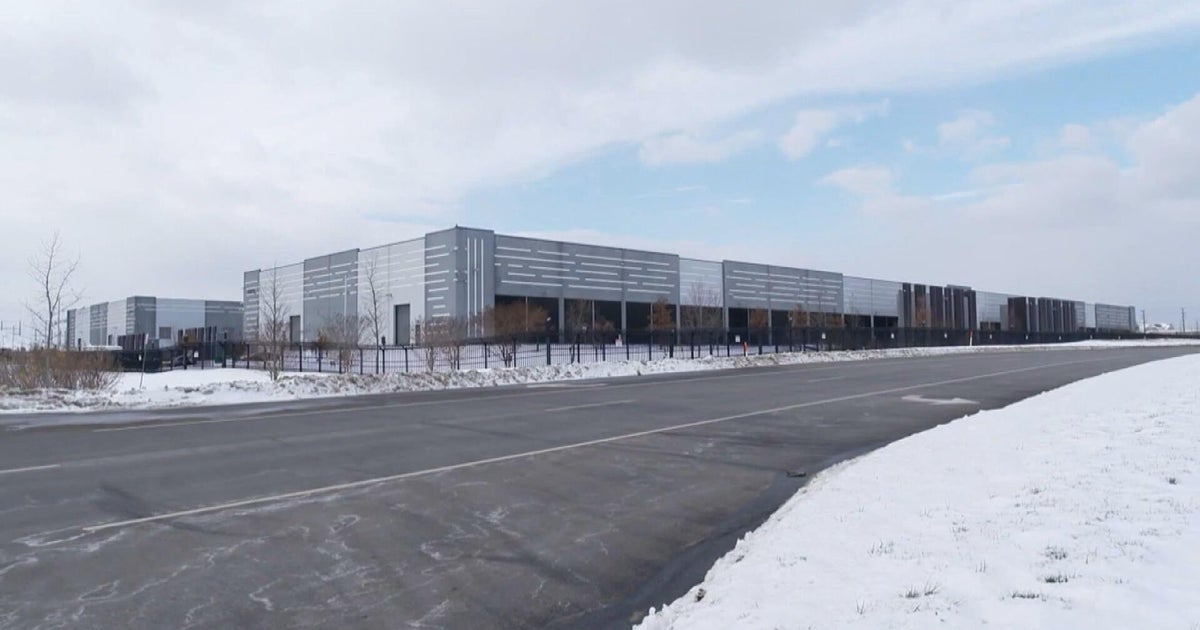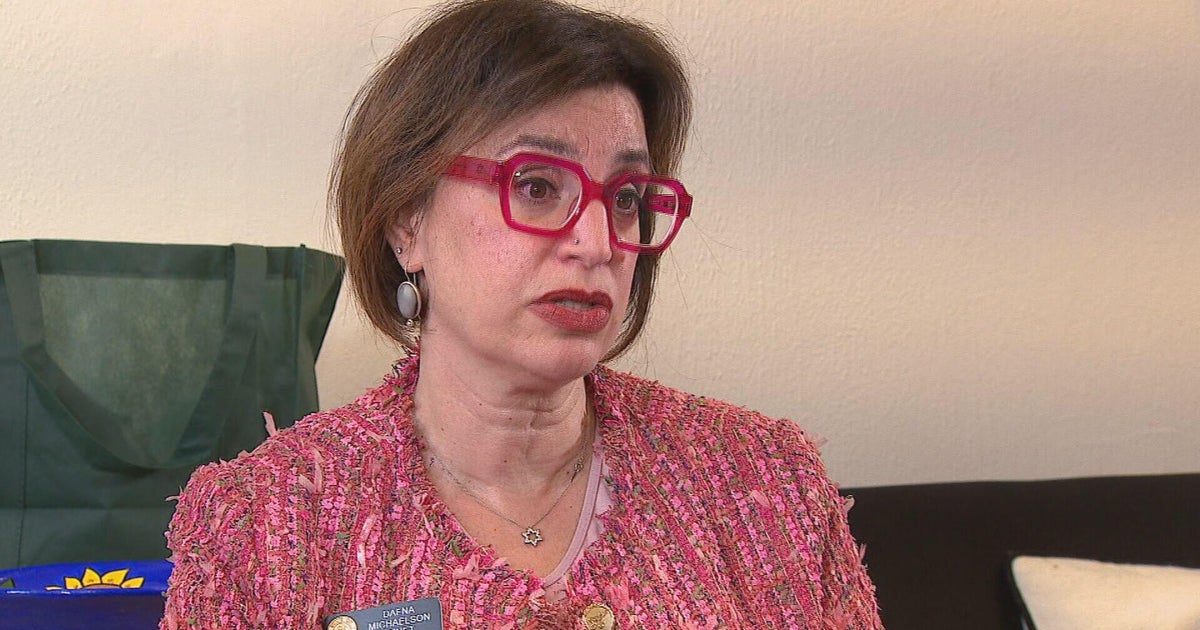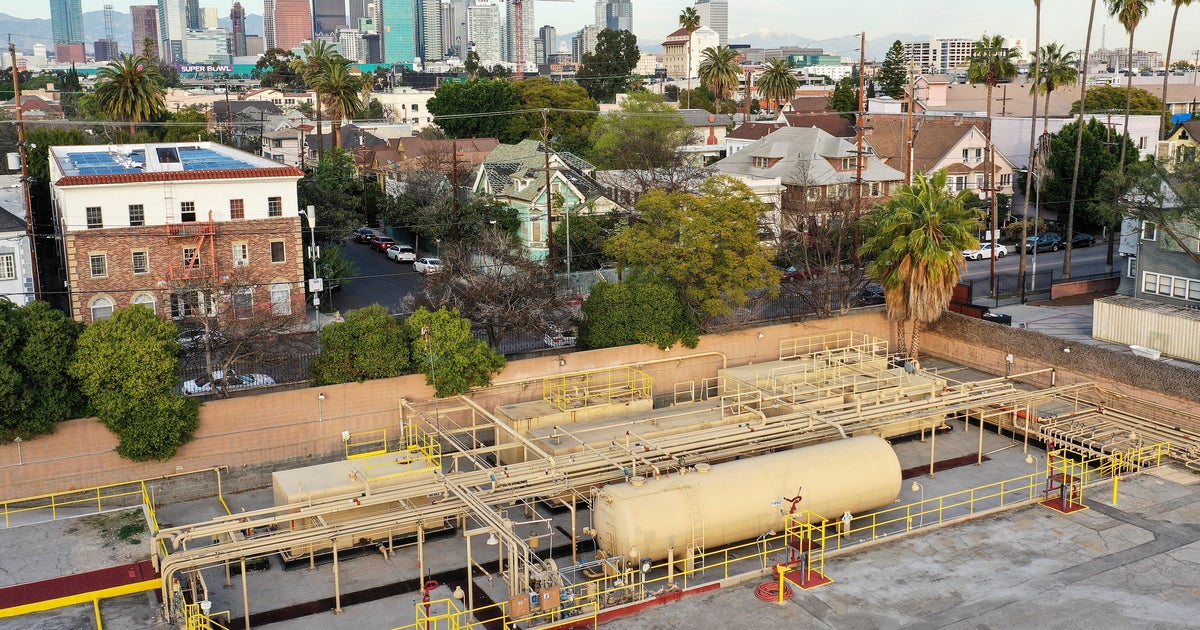Homeowners urged to check for radioactive radon gas during Colorado's radon action month
January is National Radon Action Month in Colorado, and homeowners are urged to check for radioactive gas.
It's a leading cause of lung cancer, and in Colorado, contributes to more than 500 deaths a year, according to the Colorado Department of Public Health and Environment.
A longtime fitness trainer and health enthusiast, Heidi Onda is always on the move. From constant exercise to clean eating, she takes pride in living a healthy life, which is why little could prepare her for a doctor's visit in 2018.
"The results came back, 'well your ovary looks fine but there's a mass right here in the upper left lobe of your chest,'" Onda said.
The prognosis was stage 3 lung cancer and doctors gave her 4 to 6 months to live. Onda said she had no symptoms before the visit.
"I couldn't believe that I had lung cancer because I did not have a smoking history, and we later found out radon is actually the first leading cause of lung cancer in people without a smoking history," Onda said.
Radon is an odorless and tasteless gas that is naturally occurring. It can often enter homes and through small openings, such as cracks in foundations, openings around pumps and drains, and crawl spaces.
While Onda can't definitively say radon was the cause of her cancer, she did find levels two times the EPA threshold in her basement, so she and her husband quickly hired a licensed professional.
Terry Kerwin with Reliant Radon Solutions said the radioactive gas is prevalent in about half of Colorado homes. Not only are there affordable testing options, but many fixes.
The Onda family had a ventilation pipe installed that carries the gas outside of the house from underneath the foundation. They also monitor their home about every six months, which is more frequent than the EPA recommends.
"It is a radioactive gas that turns into radioactive particles that we breathe in and damage our lung tissue," Kerwin said. "It's a risk no one needs to take. It's very easy to test, it's inexpensive and it's relatively easy to fix."
More than four years later, Onda has no detectable cancer, and has since created the White Ribbon Project to educate the public about lung cancer.
"Our main mission is to increase awareness by changing the public perception of this disease," she said.
Her motto is "don't guess, test," which applies to both lung cancer and radon.
"We need to demand better screening, and care, and more research to figure out why is this happening?"
CDPHE offers online radon education resources, as well as affordable tests. You can access it all by visiting https://cdphe.colorado.gov/radon
